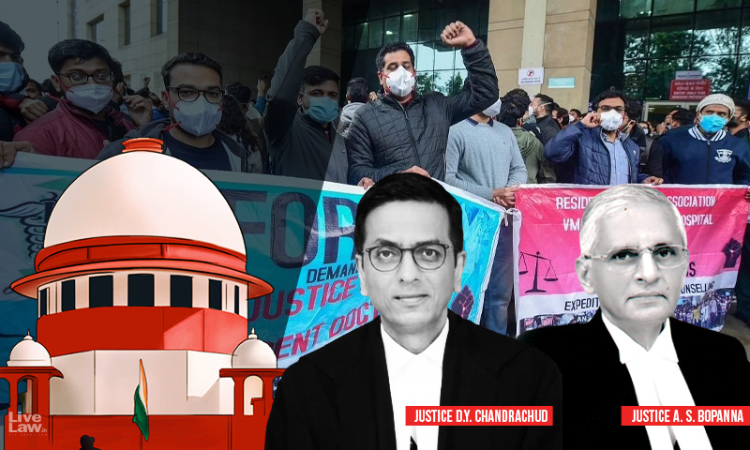While hearing the cases related to NEET-PG Counselling, the Supreme Court on Thursday orally remarked that the Expert Committee constituted by the Central Governemnt has attempted to provide a post-facto justification to the Rupees 8 lakh gross annual income limit for Economically Weaker Sections(EWS) quota.A bench comprising Justice DY Chandrachud and Justice AS Bopanna was referring to...

